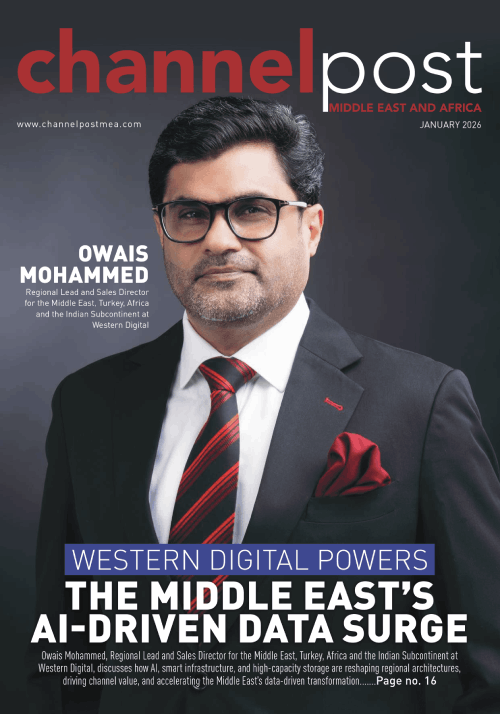Channel Post speaks with Stephane Rogier, Head of the Print Business Unit at HP on the state of Managed Print Services in the region.
What is the state of Managed Print Services in the Middle East?
Companies in the region are investing in integrated printing solutions that take the administrative and financial pain out of document production and turn it into a scalable and manageable service fit for evolving workplace environment. Today, the sectors that are adopting managed print services (MPS) include oil and gas, financial services, education, healthcare and government. The government and public sector continues to be one of the biggest market segments in the Middle East due to their high amount of paperwork and high reference for security of these confidential documents/data. Meanwhile, it is also worth noting that MPS are now attracting interests from small and medium-sized businesses as they continue to discover and embrace the benefits brought by MPS.
What are the main drivers of growth of MPS providers in the region?
In regards to Managed Print Services, organisations are highly influenced by the cost benefits offered by MPS by reducing the operational costs of their printing activities. The need for streamlining printing workflow along with monitoring and control of printer usage by employees have added to the cost reduction benefits achieved through the implementation of MPS. The growth of the MPS market is also expected to be driven by environmental benefits such as a reduction in paper wastage and efficient use of energy achieved through the implementation of MPS.
What are some of the challenges faced by MPS providers and how can these be overcome?
One of the main challenges faced by MPS providers lies in security. With more enterprises emphasizing on the importance of security due to the increase in number of cyberattacks on network printers, it is imperative for MPS vendors to strengthen their current offerings to adapt to the constantly changing business environment.
How do you think this market will evolve in 2017?
This year, we can expect the emergence of more needs for the SME segment on top of the existing market in bigger enterprises and the government sector because of more interest in efficient office automation. As more SMEs are getting into MPS, the more established customers are now examining possible new benefits when it comes to MPS. Many organisations have already looked at the basic MPS to reduce cost and optimise legacy environments. This will result in more leading firms exploring the mobility, security and automation benefits within their current infrastructure.













